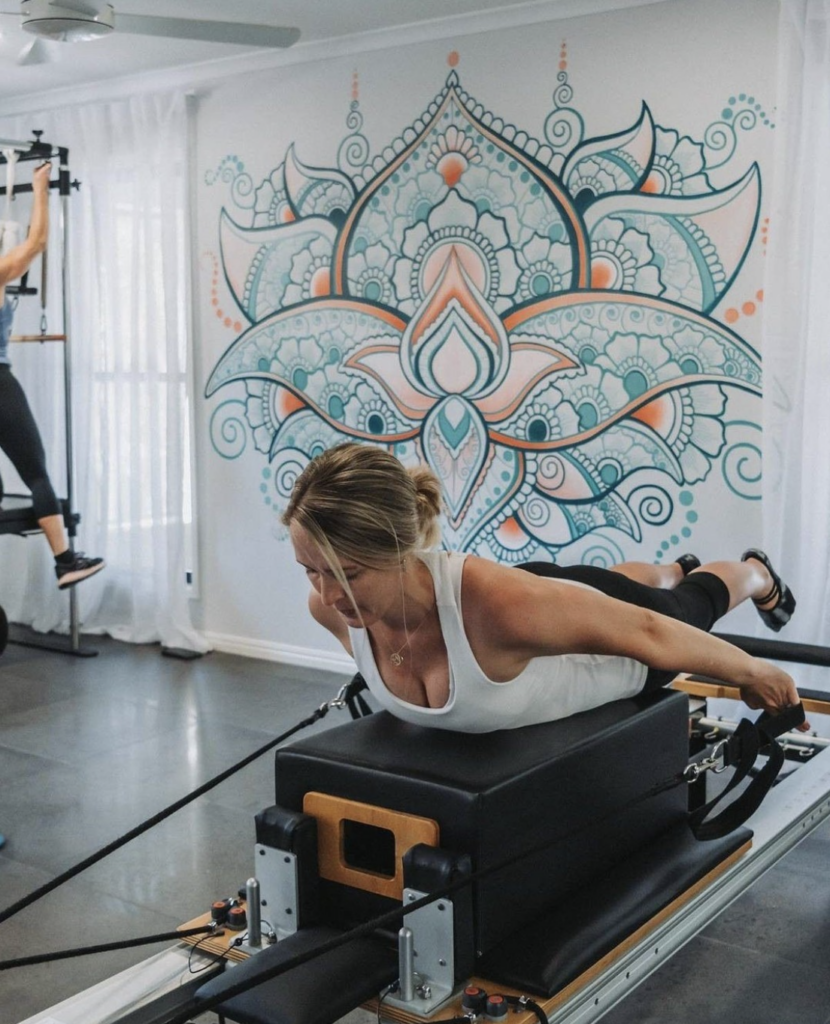Pilates is not just a form of exercise, but a holistic approach to movement that focuses on integrating the mind and body. The benefits of Pilates extend far beyond physical fitness, with numerous mental and emotional advantages as well.
In today’s fast-paced world, where stress and anxiety are prevalent, incorporating Pilates into your daily routine can have a profound impact on your overall well-being.
One of the key benefits of Pilates is its emphasis on mindfulness and body awareness. By engaging in precise and controlled movements, practitioners develop a deeper connection with their bodies, promoting better posture, alignment, and coordination. This heightened body awareness can translate into improved balance, flexibility, and overall physical performance in daily activities.
Pilates is known for its ability to strengthen the core muscles, which are essential for supporting the spine and maintaining proper alignment. A strong core not only enhances physical stability and reduces the risk of injury but also contributes to better posture and alleviates back pain. The mind-body connection cultivated through Pilates can help individuals develop a more conscious and mindful approach to movement, leading to greater body control and efficiency.
In addition to the physical benefits, Pilates can also have a positive impact on mental well-being. The focus on breath control and mindfulness during Pilates sessions can help reduce stress and anxiety, promoting relaxation and mental clarity. The mind-body connection fostered by Pilates encourages practitioners to be present in the moment, letting go of distractions and worries, and fostering a sense of inner calm and balance.
Incorporating Pilates into your daily routine can help you cultivate healthy habits that promote overall well-being. By prioritising the mind-body connection, you can develop greater body awareness, physical strength, and mental resilience. Whether you are a beginner or a seasoned practitioner, adapting Pilates habits in everyday life can lead to improved physical and mental health, enhancing your quality of life in the long run.
Pilates is a form of exercise that offers a multitude of physical, mental, and emotional benefits, making it particularly beneficial for individuals who have experienced trauma or are struggling with depression. Incorporating Pilates into their wellness routine can be a powerful tool for healing and recovery.
Here are some of the key benefits of Pilates for people who suffer from trauma and depression:
1. Mind-body connection: Pilates emphasises the connection between the mind and body, focusing on controlled movements, breathing, and mindfulness. This mind-body connection can help individuals become more attuned to their physical sensations, thoughts, and emotions, promoting self-awareness and self-regulation. For people dealing with trauma or depression, this can be a valuable tool for managing symptoms and promoting emotional well-being.
2. Stress reduction: Pilates can be an effective stress-reliever, helping to reduce the levels of cortisol (the stress hormone) in the body. The focus on controlled breathing and mindful movement can calm the nervous system, promote relaxation, and alleviate feelings of anxiety and tension. For individuals coping with trauma or depression, Pilates can provide a safe and supportive space to release stress and restore emotional balance.
3. Physical strength and flexibility: Pilates is known for its ability to strengthen and tone the muscles, particularly the core muscles. Building physical strength and flexibility through Pilates can improve overall body function, posture, and alignment. For individuals who may experience physical tension or stiffness as a result of trauma or depression, Pilates can help release muscular tension, improve range of motion, and promote a sense of physical well-being.
4. Empowerment and self-confidence: Engaging in Pilates can help individuals feel empowered and regain a sense of control over their bodies and minds. As they progress in their practice and see improvements in their strength, flexibility, and overall well-being, they may experience a boost in self-confidence and self-esteem. This sense of empowerment can be particularly beneficial for individuals who have experienced trauma or struggle with feelings of low self-worth or helplessness.
5. Social support and community: Participating in Pilates classes or private sessions can provide individuals with a sense of social connection and community support. Building relationships with the teacher and fellow participants can create a supportive environment where individuals feel understood, accepted, and encouraged. This sense of belonging and camaraderie can be invaluable for individuals who may feel isolated or disconnected as a result of trauma or depression.
So, why not take the first step towards a healthier and more balanced lifestyle by embracing the mind-body benefits of Pilates today?

